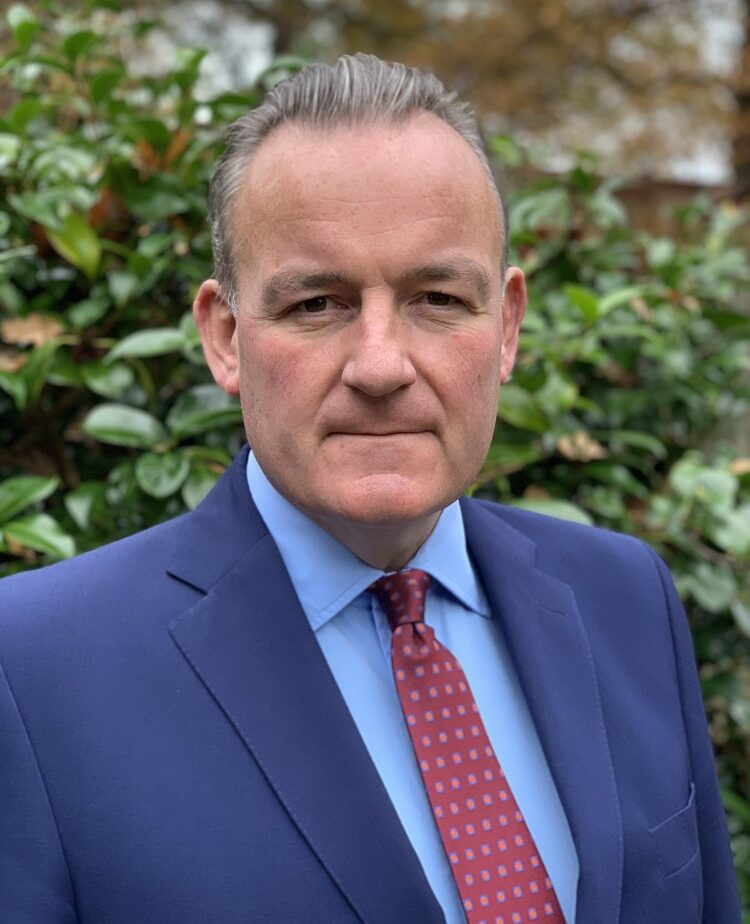By Ben Kerrigan-
The former chief inspector of borders and immigration in the UK, David Neal, has made startling revelations about the Home Office’s alleged attempts to suppress critical findings in inspection reports.
Neal, who was dismissed from his position last month, disclosed that civil servants routinely used a fact-checking process to manipulate reports and present them in a more favourable light for the department.
In an interview with BBC Radio 4’s Today programme, Neal accused the Home Office of employing tactics to “cover up” deficiencies identified in his inspection reports.
He stated that the factual accuracy process was often exploited to censor or reshape findings, potentially obscuring serious issues from reaching the attention of ministers.
Neal’s dismissal followed his disclosure of security lapses at London City airport, where high-risk private jets were reportedly entering the country without proper checks.
He emphasized the importance of independent oversight, lamenting the lack of a successor to scrutinize potential security vulnerabilities at other airports.
Responding to Neal’s allegations, the Home Office contested the accuracy of the data used in the airport inspection, asserting that border security checks were conducted on all general aviation arrivals at London City airport.
However, Neal stood firm, citing persistent issues with data quality within the Home Office and expressing scepticism about its ability to safeguard the border effectively.
In another damning article for the Daily Mail, he said he had no option but to complain to the paper
The revelations come amidst heightened scrutiny of the Home Office’s practices, with concerns raised over its handling of asylum-seeking children and delays in publishing inspection reports.
Following Neal’s criticisms, the department hurriedly released 13 inspectorate reports in a single day, shedding light on previously undisclosed inquiries and controversial practices.
Neal’s outspokenness has cast doubts on the willingness of potential successors to assume the role of chief inspector, raising questions about the department’s commitment to transparency and accountability.




